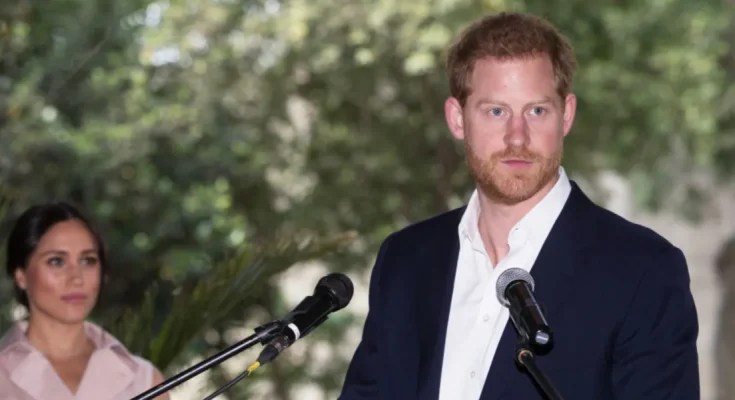Prince Harry has returned to court, challenging the UK government’s decision to downgrade his security after confirmed threats to his life reportedly emerged from a known terrorist organization.
Court documents have revealed that Prince Harry requested specific security protections following a threat made against him by the terrorist group al-Qaeda. According to the filings, the terror group allegedly published a document that called for the Duke of Sussex “to be murdered,” stating that his “assassination would please the Muslim community.”
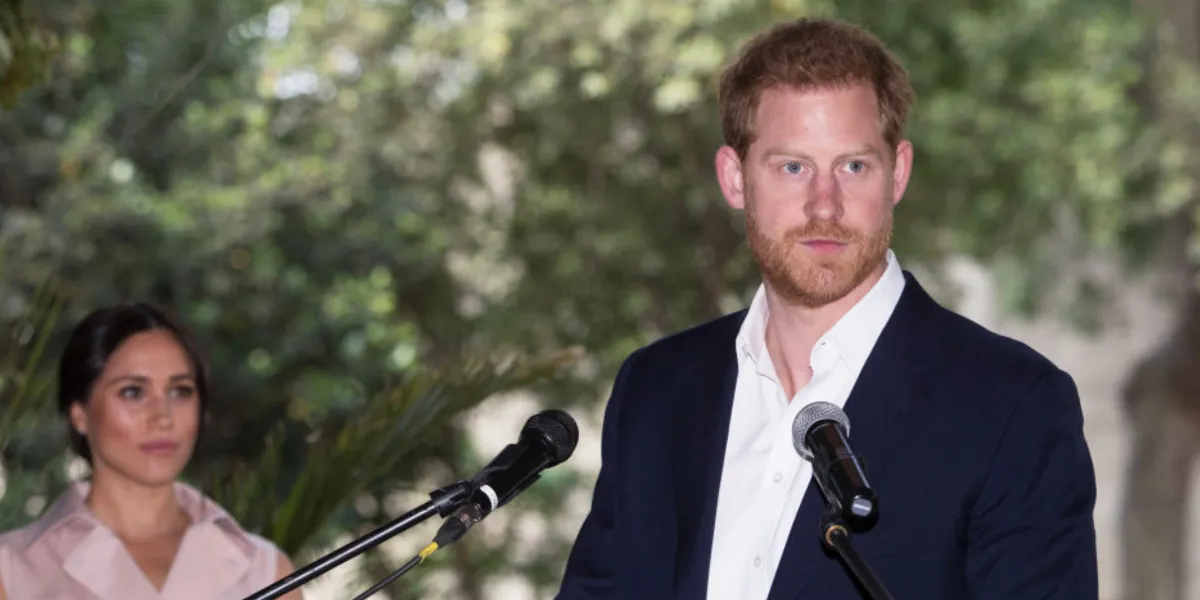
These threats were highlighted in legal proceedings related to Prince Harry’s ongoing battle over the level of police protection afforded to him while in Britain. Harry, who gave up his working royal status in 2020 and moved abroad with his wife, Meghan, has been fighting to regain automatic police protection for his visits to the United Kingdom.
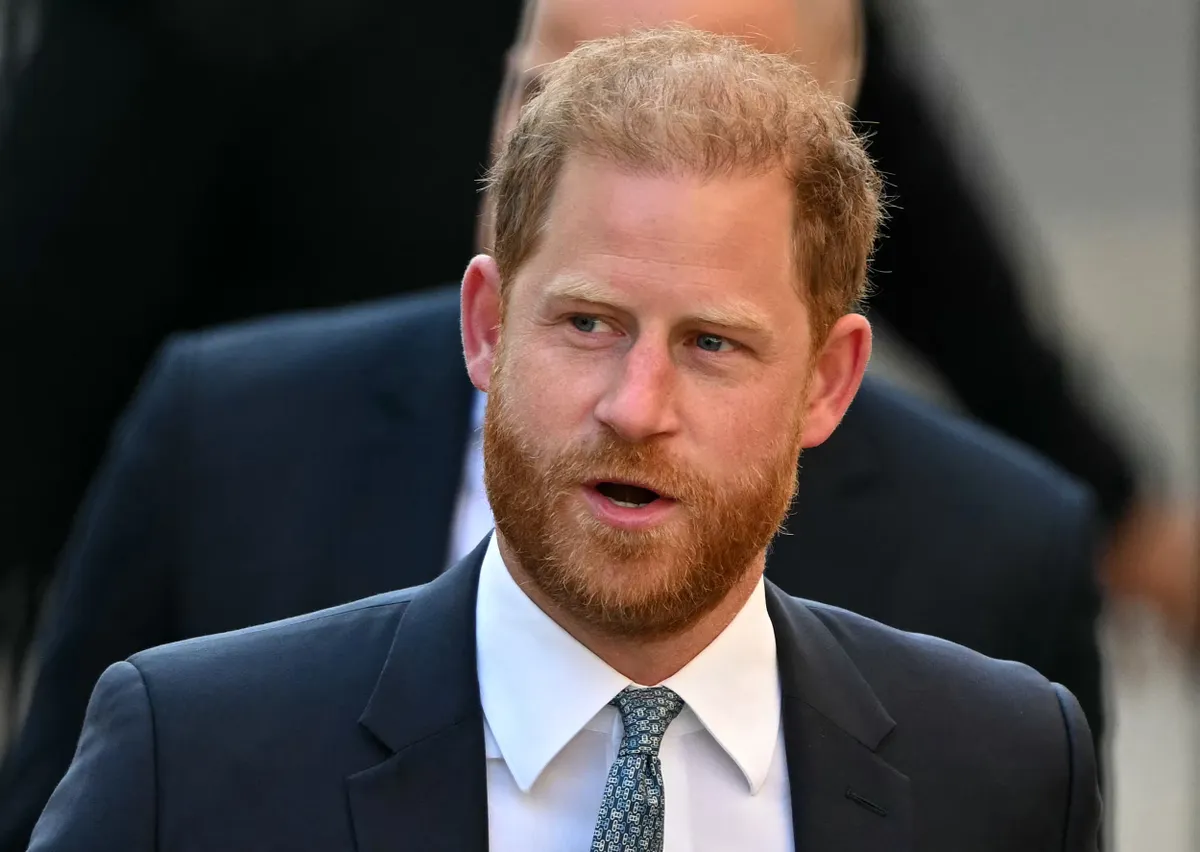
His legal team argued that the current system in place, where each trip requires special notice and is assessed individually, puts him and his family at risk. The matter was heard in April 2025 during a two-day session at the Court of Appeal in London. Harry appeared in person at the Royal Courts of Justice.
His lawyer, Shaheed Fatima KC, told the panel of judges, “There is a person sitting behind me whose safety, whose security and whose life is at stake.” She stressed that the Duke’s appearance in court reflected how important the issue is to him and his family. A portion of the hearing was conducted in private due to the sensitivity of the information discussed.
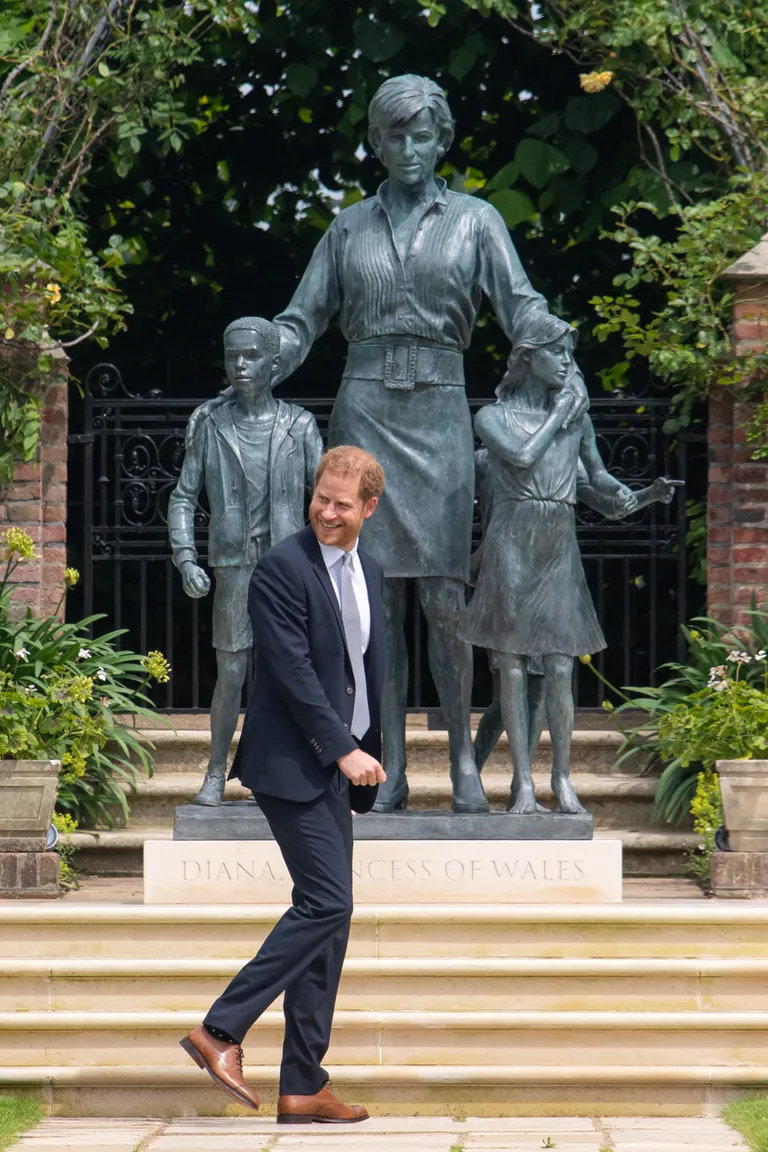
Judges later approved a written summary of what was heard in closed session. The summary included Harry’s argument that the Royal and VIP Executive Committee (Ravec), the body in charge of security decisions, had not followed its usual procedures when his protection was downgraded.
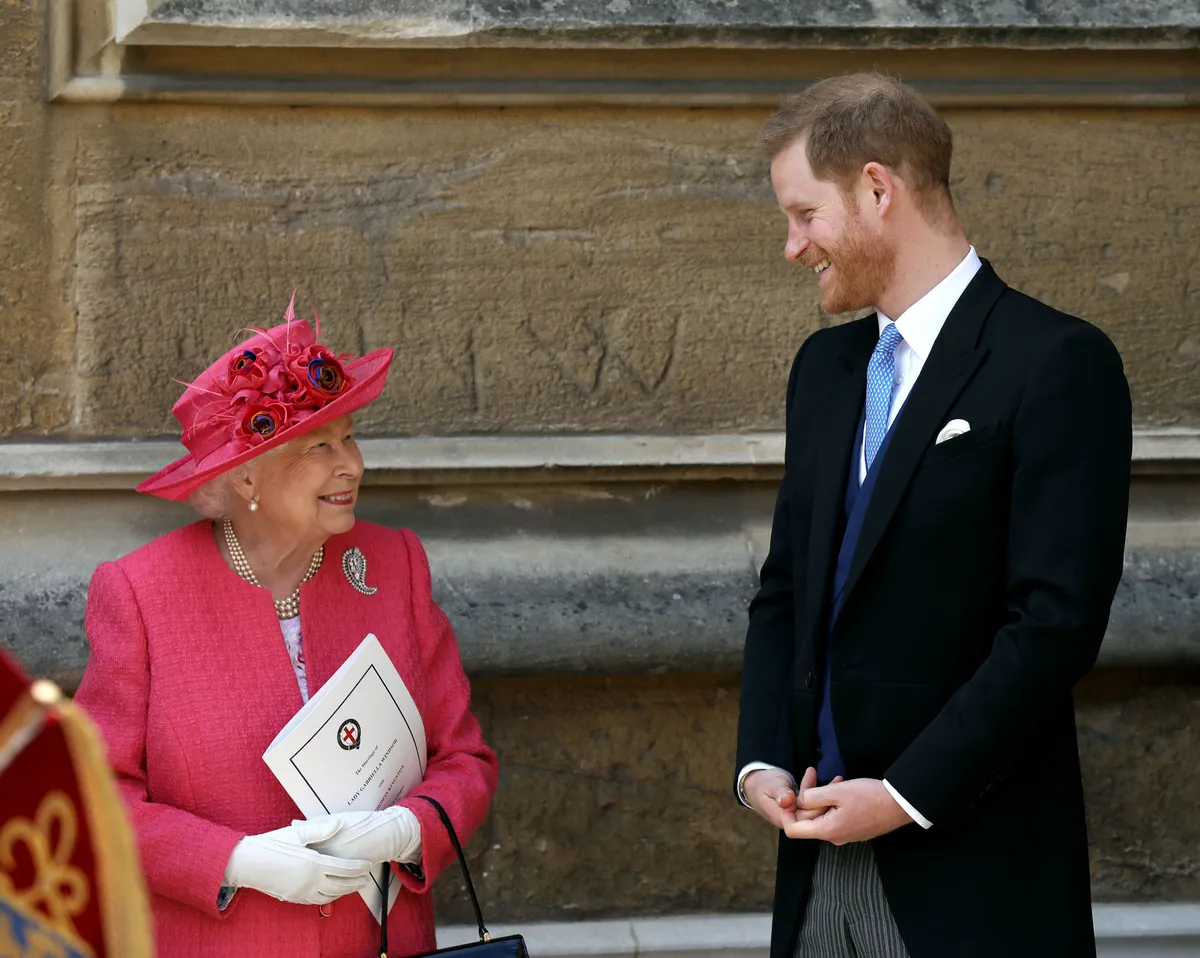
Instead of applying standard policy, Ravec implemented a “bespoke” process not used for others in similar situations. Before stepping down from royal duties, Harry had undergone a risk assessment in April 2019. The results supported keeping his police protection at the same level it had always been. But once he moved abroad, the system changed.

Ravec began requiring him to give 30 days’ notice before each visit, and protection was granted on a case-by-case basis. Harry told the court this replacement system is “inadequate, inappropriate, and ineffective.” During proceedings, Sir James Eadie KC, representing the Home Office, stated that Harry’s departure from royal life had created a situation unlike any other.

He explained that existing guidelines were not rigid and had to be adapted to the Duke’s circumstances. While acknowledging that Harry “disagrees vehemently” with the outcome, Sir James said this disagreement “did not amount to a ground of appeal.” He further argued that the decision had been reviewed carefully and supported unanimously.
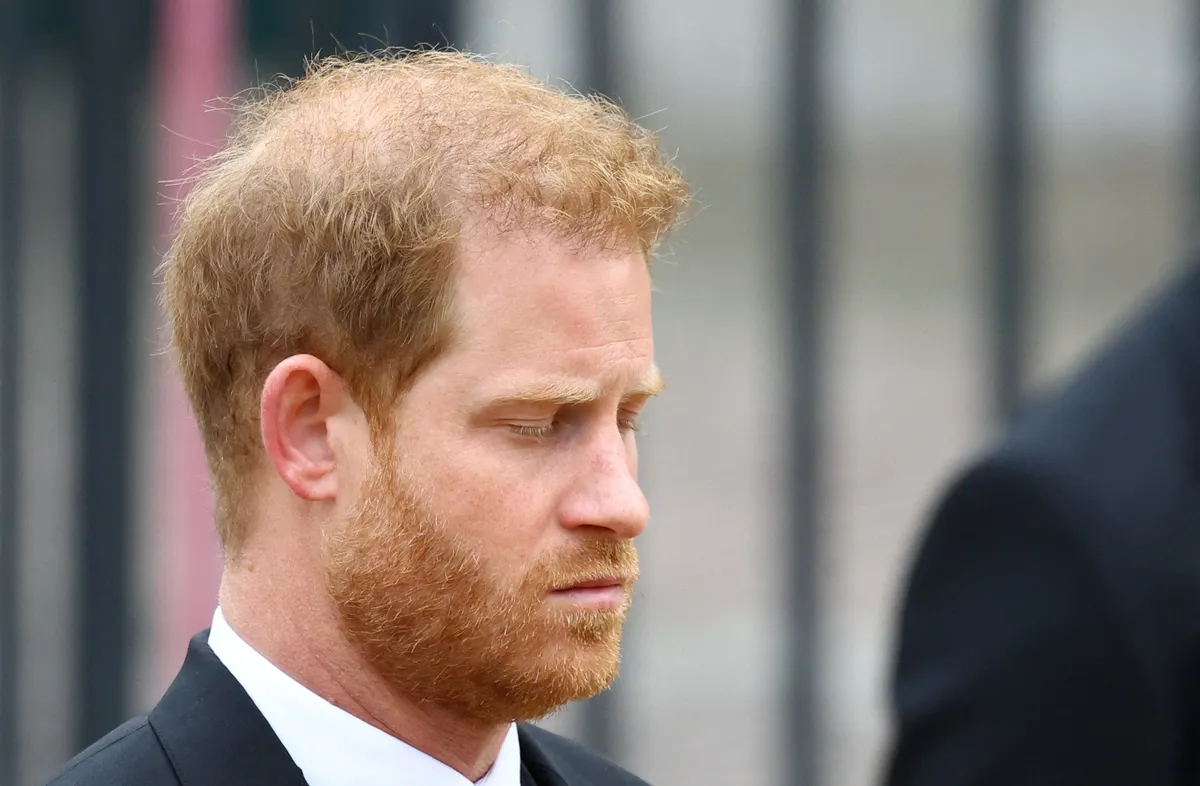
Specific threats, such as the one from al-Qaeda, had been considered, and the Home Office determined that the most effective approach was to assess risk on an as-needed basis. Sir James also defended Ravec’s handling of the case, highlighting the involvement of Sir Richard Mottram, the former chair of the Joint Intelligence Committee and a key figure in Ravec for ten years.
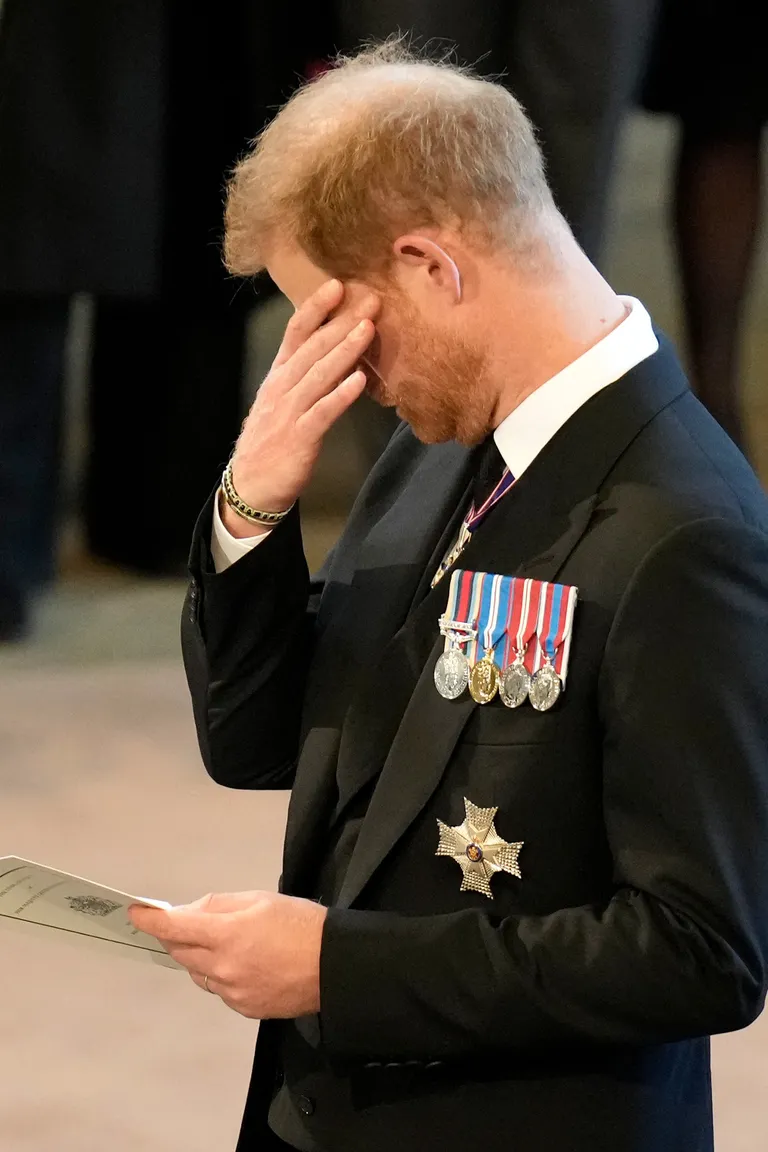
In court, Harry appeared engaged throughout the hearing, occasionally taking notes. At one moment, he reacted visibly after hearing that standard cases would normally receive a risk assessment, but his did not. He threw down his pen and raised a hand, reportedly in disbelief.
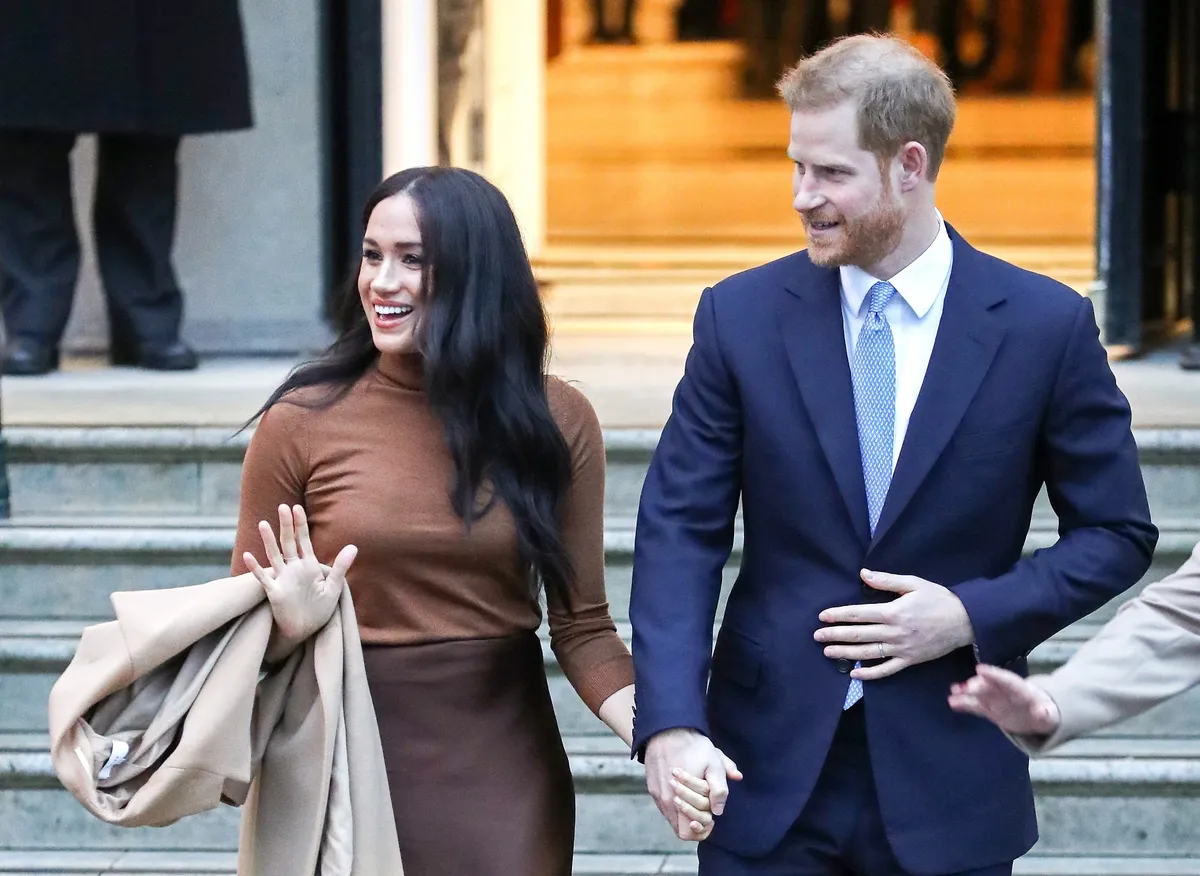
Outside the courtroom, one member of the public shouted that the media was to blame for Harry no longer living in England. Court staff promptly removed the individual. Harry has previously told The Telegraph that he believes his security was removed as part of an effort to discourage him and Meghan from leaving the Royal Family.
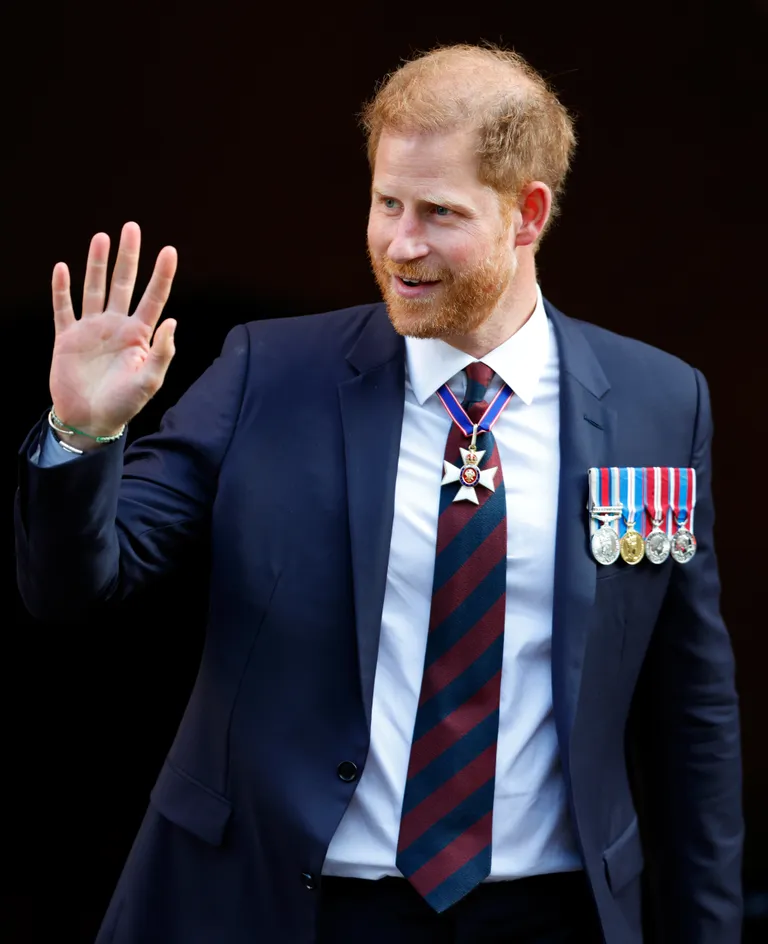
He maintains that the protection offered before 2020, provided by the Metropolitan Police Service, cannot be replaced by private firms. This case follows a previous legal defeat in February 2024, when the High Court ruled that Ravec’s decision was lawful and fair. However, in June 2024, the Court of Appeal permitted Harry to challenge that ruling.

The court had concluded there was a “real prospect of success” in his claim that standard procedures had not been followed. Harry’s legal team asked the court last year to speed up the process due to safety concerns, including the al-Qaeda threat. That request was denied.
A final decision is expected after Easter, following the judges’ review of all arguments presented. As we had previously reported, the Duke of Sussex’s confident stride into a London courthouse sparked sharp observations from a body language expert, who hinted there was more behind his demeanor than met the eye.
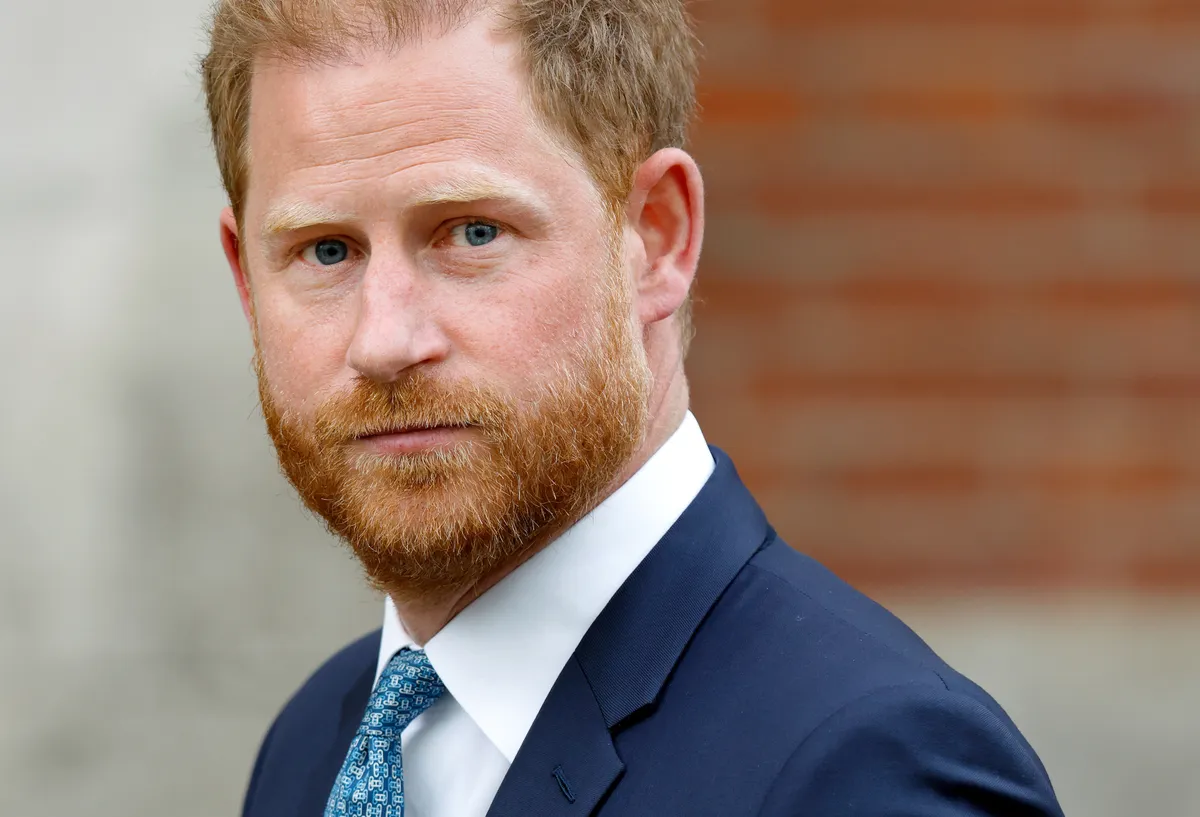
On Tuesday, April 8, 2025, Prince Harry notably appeared at a London court to continue his legal battle over the downgrade of his U.K. security.
The Duke is appealing a previous High Court ruling that upheld the government’s decision to assess his security needs on a case-by-case basis during visits to the United Kingdom.
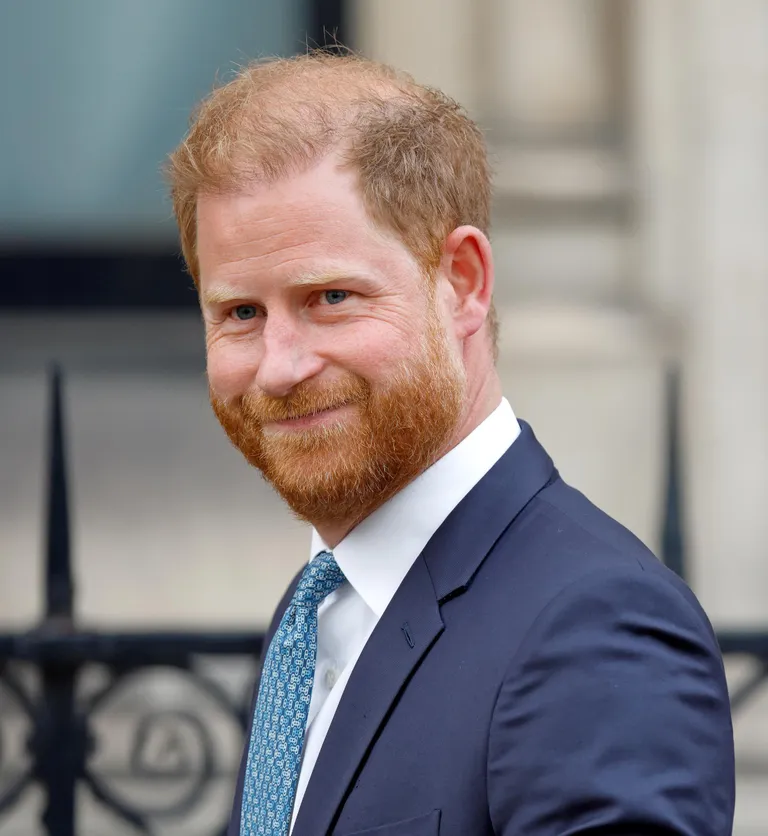
On Tuesday, April 8, 2025, Prince Harry notably appeared at a London court to continue his legal battle over the downgrade of his U.K. security.
The Duke is appealing a previous High Court ruling that upheld the government’s decision to assess his security needs on a case-by-case basis during visits to the United Kingdom.
Judi further observed that “his chest is puffed and he throws some brusque, celebrity waves to either press or maybe fans waiting to watch him, creating the suggestion that he sees himself as rather heroic and even popular for his current UK court appearance.”
